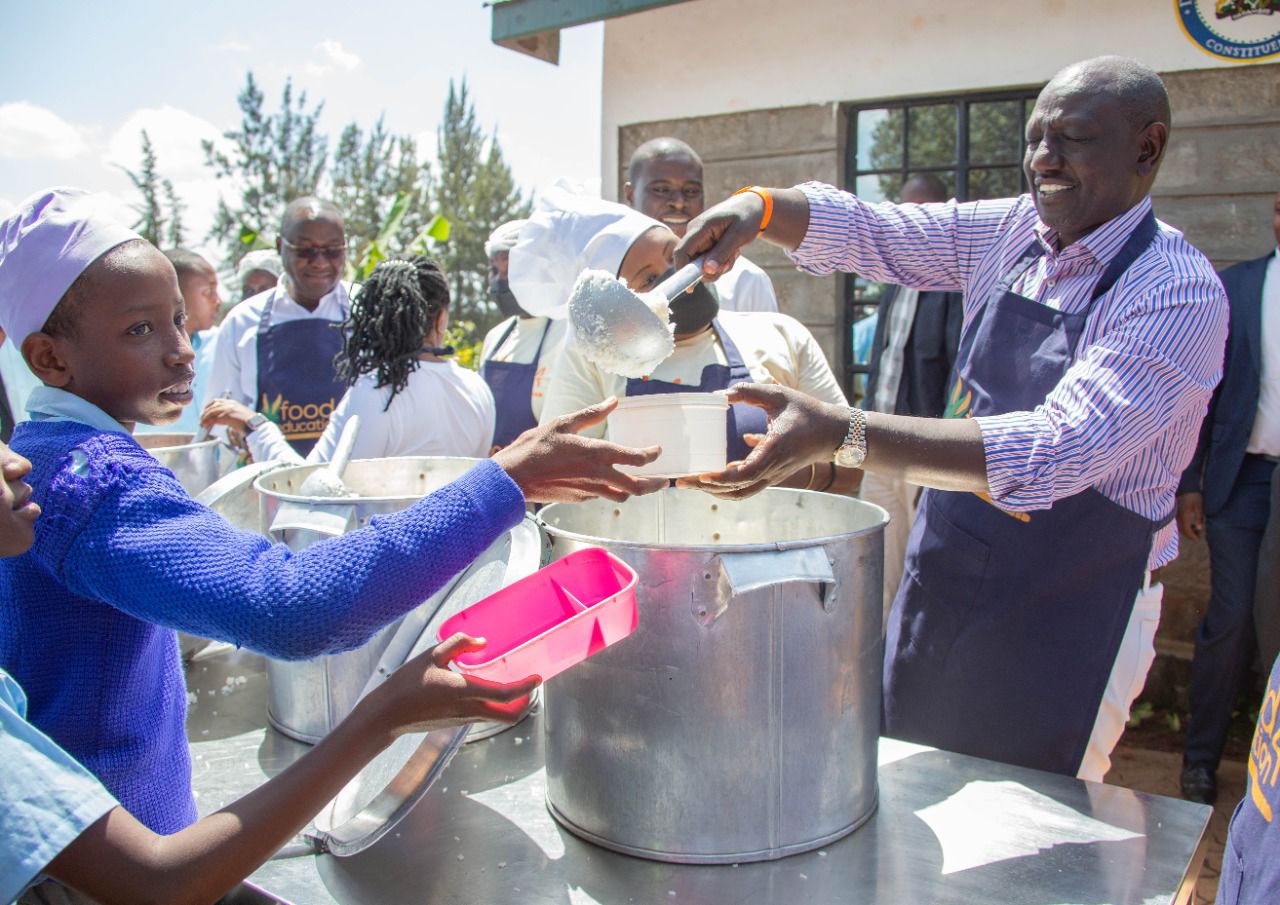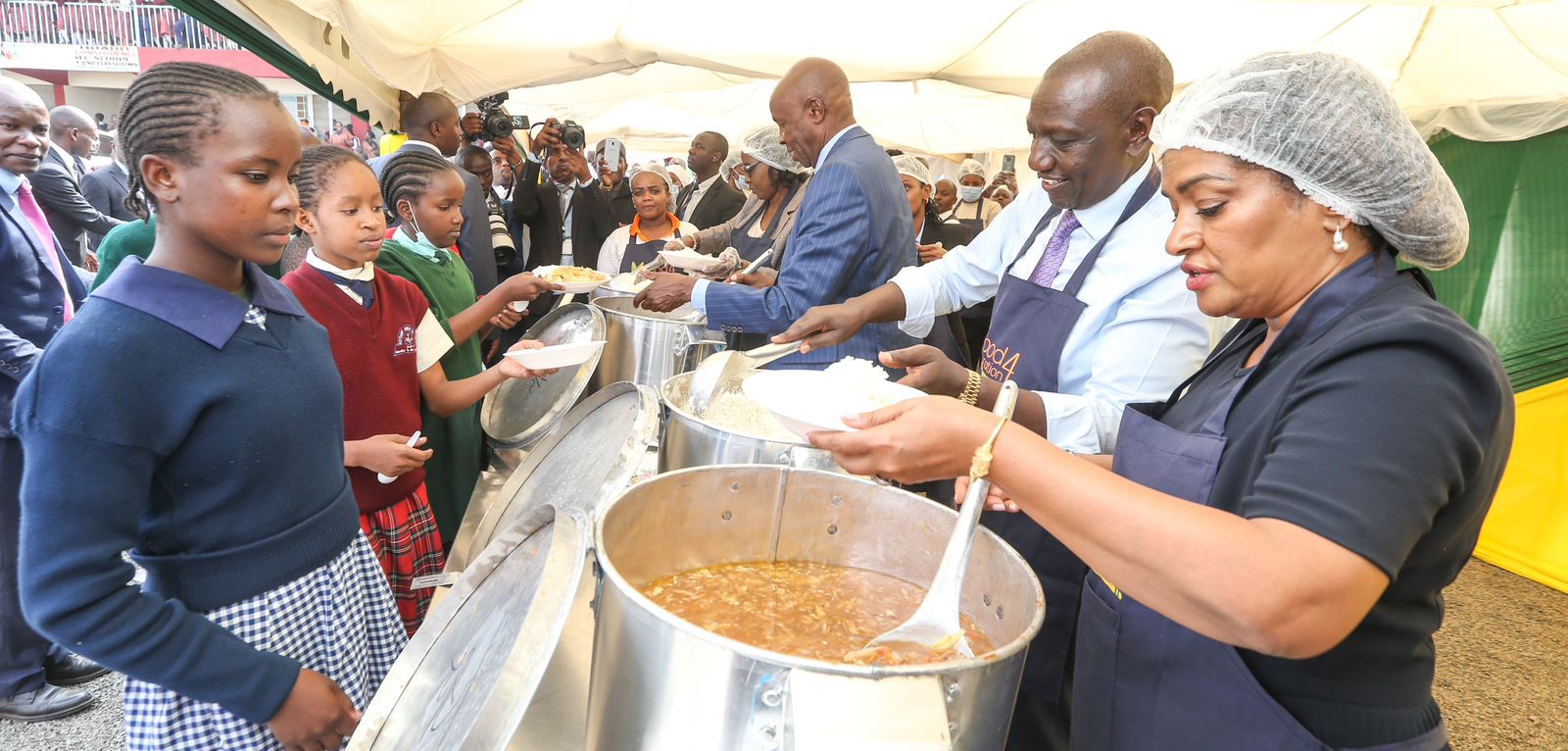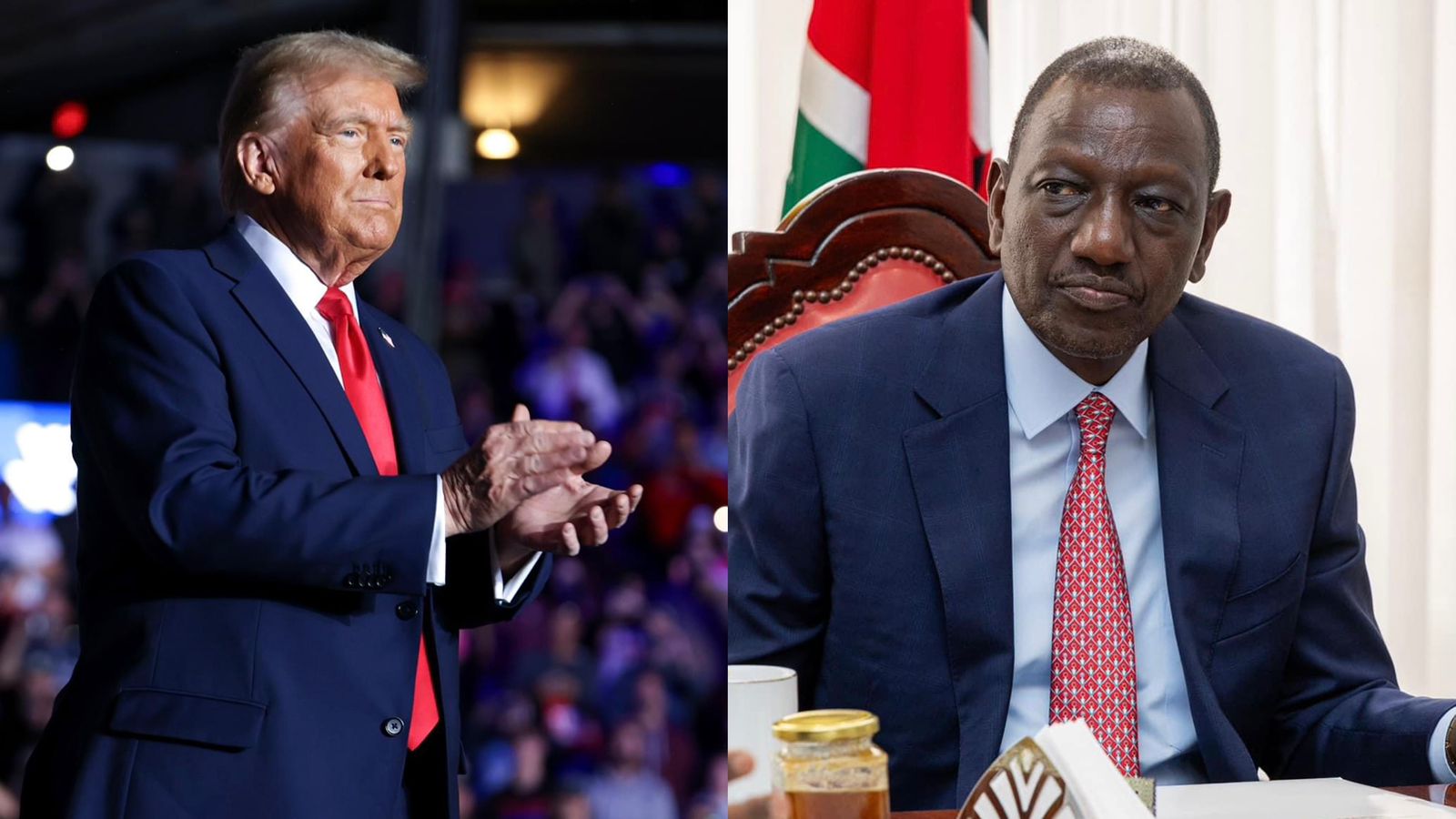President William Ruto has said the government will increase budgetary allocation for the school feeding programme in a bid to cover more children.
Speaking during the Second Ministerial Meeting of the Global School Meals Coalition on Tuesday, October 29, he said the government will expand the programme's coverage from 2.6 million to 10 million children by 2030.
"School meals, therefore, have far-reaching benefits: they make adequate nutrition accessible, foster learning, create jobs, promote sustainability, and uplift communities. Yet, hunger remains a significant challenge to the well-being of many, particularly in arid regions.
"To address this, we have tripled the budgetary location for school feeding and set a clear goal: to expand the programme's coverage from 2.6 million to 10 million children by 2030," he said.
Ruto said the government has already launched an operational plan to expand the programme, further noting that he is committed to making it succeed.
Read More
"Towards this end, we launched an operational plan to scale up the programme earlier this month. We are committed to action and are fully determined to succeed.
"Kenya is also addressing climate challenges by combining initiatives that promote resilience, including robust support for school meals, provision for local sourcing, and fostering sustainable practices such as clean cooking and adoption of drought-resistant crops," he added.

The Global School Meals Coalition aims to ensure every child receives a nutritious daily meal, enhancing health, education, and agricultural systems.
In Kenya, this coalition supports the country's Home-Grown School Feeding (HGSF) program, which began in 2009 and has evolved into one of Africa's largest initiatives.
This coalition fosters collaboration among nations to share best practices and address challenges in school feeding programs.





-1700476031.jpg)
-1730900214.jpg)
